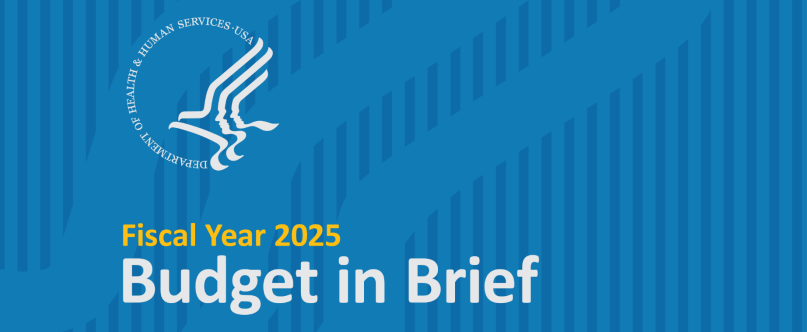On March 11, 2024, the White House released President Biden’s FY 2025 Department of Health and Human Services (HHS) Budget in Brief, which outlines $130.7 billion in discretionary funding for HHS. Included in the budget proposal is a provision that would eliminate the separate biosimilar and interchangeable designations, deeming all approved biosimilars to be interchangeable with their reference product, without the need for switching studies. This change is an attempt to alleviate confusion about safety and efficacy differences between biosimilars and interchangebles that stems from having two separate categories of drugs.
An interchangeability designation allows for automatic substitution at the pharmacy level, subject to State laws. Considering all biosimilars to be interchangeable may increase uptake in the U.S. This change would align the U.S. with other regulatory jurisdictions like the European Union where all biosimilars are considered interchangeable upon approval.
This is not the first time the elimination of the additional requirements to have a biosimilar deemed to be interchangeable has been proposed. On July 13, 2023, Senators Mike Lee (R-UT), Ben Ray Lujan (D-NM), Mike Braun (R-IN), and J.D. Vance (R-OH) introduced the “Biosimilar Red Tape Elimination Act” aimed to increase biologic drug competition and expanded access to low-cost prescription drugs. The Lee bill removes the switching study requirement to demonstrate interchangeability in most instances. It did, however, leave open the possibility of a switching study requirement for certain drugs, but only after a congressional meeting and justification for why a switching study is needed under the particular circumstances.
The Lee bill would also remove the provisions related to exclusivity for the first interchangeable approved for each reference product, but would maintain previously granted exclusivity for any interchangeable awarded exclusivity prior to the bill’s enactment. In comparison, the provision in Biden’s budget does not mention what may happen to interchangeable exclusivities that are granted prior to its implementation.
Soon after introduction of the Lee bill, on July 19, 2023, Senator Bernie Sanders (I-VT) introduced “The Primary Care and Health Workforce Expansion Act,” which includes a section aimed to “enhance[e] access to affordable biosimilar biological products.” The Sanders bill has very similar provisions to those found in the Biosimilar Red Tape Elimination Act, and would also deem all biosimilars interchangeable without the need for switching studies, but without any mention of special circumstances where the studies may be required. It would also similarly remove the exclusivity provision for the first approved interchangeable of each reference product, but would maintain any exclusivities granted prior to the bill’s passage.
For biosimilar developers, the HHS budget leaves questions as to whether their investment in switching studies, with the hope of gaining market advantage over biosimilar competitors, could be significantly devalued. It is somewhat unlikely the bill would impact drugs that have already been awarded interchangeable exclusivity, such as Alvotech and Teva’s recently approved Humira® (adalimumab) interchangeable Simlandi® (adalimumab-ryvk), given the maximum length of exclusivity is one year after the first commercial marketing, and this budget would not likely take effect until the exclusivities would have ended. However, it could impact drugs that are awaiting interchangeability designations and eliminate the additional exclusivity arising from an interchangeable designation.
While the stated goal of the pending legislation / HHS budget is to “increase competition within the biological drug market and increase access to low-cost prescription drugs,” it remains to be seen whether the gained benefit of all biosimilars being eligible for automatic substitution for the reference product, subject to State laws, without requiring additional clinical trials, will also incentivize increased investment into biosimilar development.
Biden’s HHS Budget in Brief can be viewed here.
_____________________________________________________
The author would like to thank April Breyer Menon for her contributions to this article.


